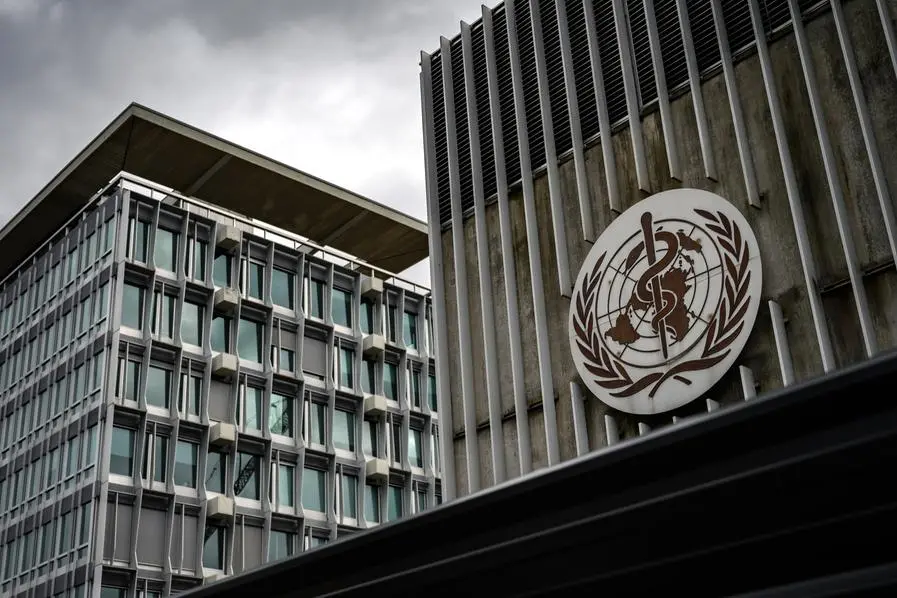PHOTO
The World Health Organization said Tuesday it is no longer recommending additional Covid-19 vaccine booster doses for regular, medium-risk adults, saying the benefit was marginal.
For such people who have already received their primary vaccination course and one booster dose, there is no risk in having further jabs but the returns are slight, the WHO's vaccine experts said.
The UN health agency's Strategic Advisory Group of Experts on Immunisation (SAGE) issued updated recommendations following its regular biannual meeting.
It recommended additional boosters, beyond the primary course and first booster, only for people at the highest risk of developing severe Covid-19 disease.
"When it comes to the medium-risk group, additional booster doses... are no longer recommended," said SAGE chair Hanna Nohynek.
"The vaccine is safe and it's efficient against serious disease and death," she said, but for this risk group, "the benefit for milder disease in people who have gained immunity through vaccination and illness is very marginal."
SAGE's updated advice reflects the impact of the Omicron variant of the virus and high population-level immunity due to infection and vaccination, the WHO said.
SAGE came up with three new, simplified priority categories for Covid vaccination: high, medium and low, principally based on risk of severe disease or death.
The high priority group includes older adults; younger adults with comorbidities such as diabetes, people with immunocompromising conditions like HIV, pregnant women, and frontline health workers.
For these categories, SAGE recommends primary vaccination, a booster and an additional booster.
The medium priority group includes healthy adults, usually under 50-60, and children and adolescents with comorbidities.
"SAGE recommends primary series and first booster doses for the medium priority group. Although additional boosters are safe for this group, SAGE does not routinely recommend them, given the comparatively low public health returns," it said.





















